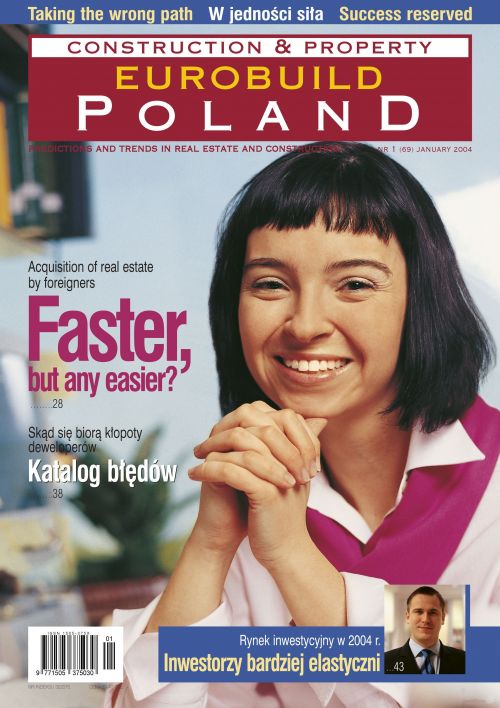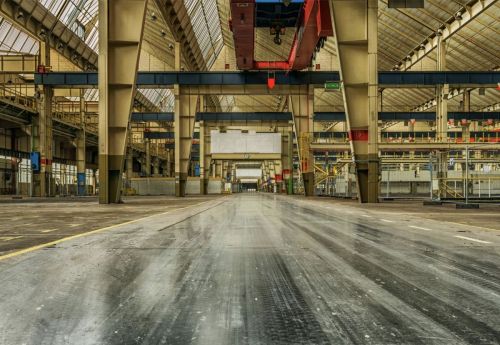Łukasz Koterski
Colliers International
In 2004, foreign investors will show continued interest in the Polish investment market. The signs of economic growth and Poland's forthcoming EU accession, are bound to reduce investment risk and, consequently, increase capital inflow. Additionally, the high capitalization rates will add to the appeal of investing in Poland.
New types of investment transaction could well emerge, although it is difficult to predict exactly how. Polish law must first of all be amended, so as to allow for non-standard investment operations. At present, apart from traditional investment sales, we can only observe sale and leaseback transactions.
I believe that retail units are going to attract an increasing number of investors. Real estate investments outside Warsaw receive little attention, as there is a lack of quality investment product with high tenancy levels, and long-term lease agreements with reliable tenants.
Rafał Mateusiak




























































